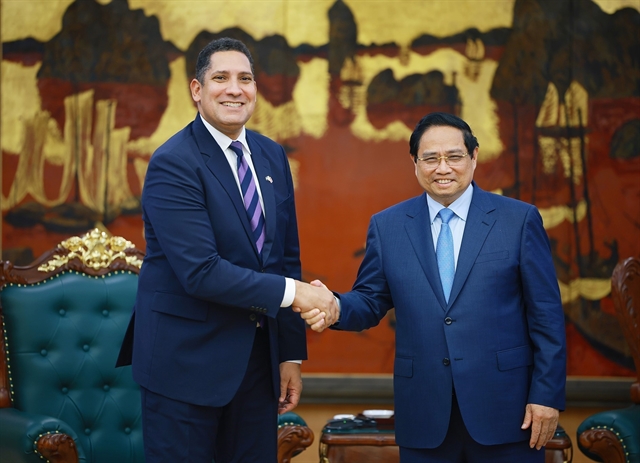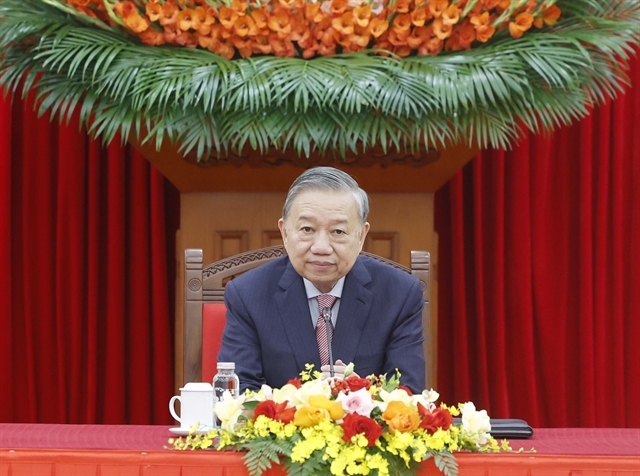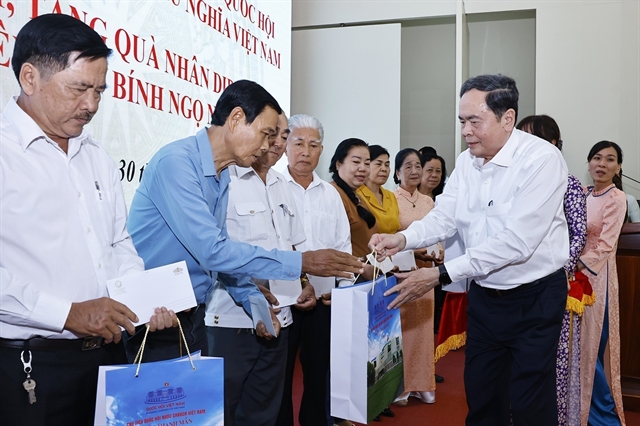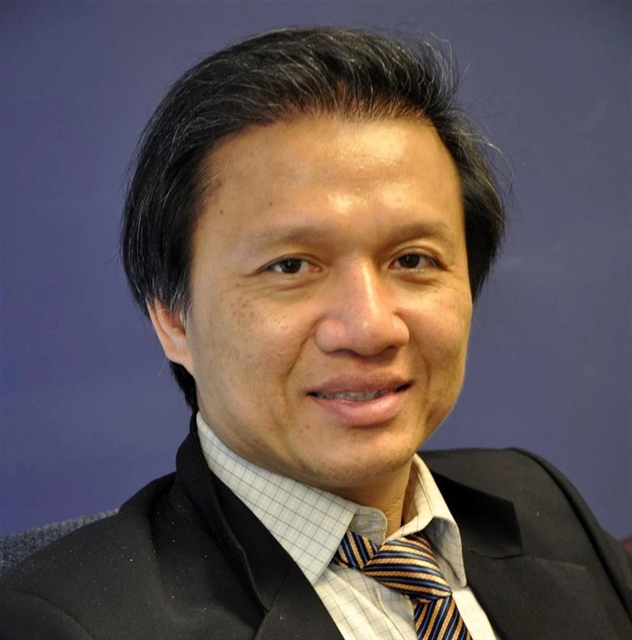 Society
Society
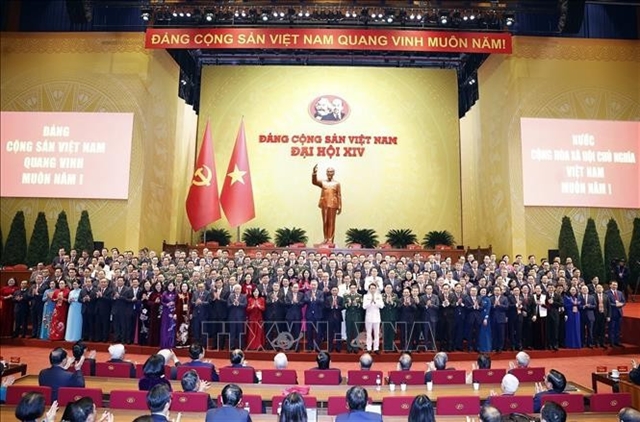
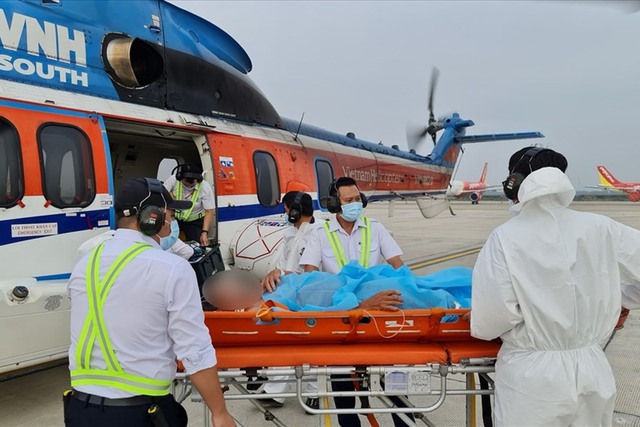 |
| Health officers of the Military Hospital 175 transport a patient from Trường Sa (Spratlys) in Khánh Hòa Province by helicopter back to the mainland for treatment. — Photo courtesy of the hospital |
HÀ NỘI — Việt Nam has set a goal of improving the quality of health services for military forces and people living in marine and island areas.
The measures include strengthened human resources, improved emergency and transport services for patients as well as better search and rescue coordination, according to a document recently signed by Deputy Prime Minister Trần Hồng Hà.
The Decision No. 658/QĐ-TTg dated June 8, 2023, approved Việt Nam’s marine and island health development programme until 2030.
Its overall aim is to improve and strengthen the quality and capacity to provide medical services to ensure the health of military officers and the people in sea and island areas, contributing to the successful implementation of the strategic goals of sustainable development of Việt Nam’s marine economy to 2030, with a vision to 2045.
Specifically, by 2025, the country aims to have 40 per cent of hospitals and medical centres in island districts able to deploy surgical techniques equivalent to grade 2 hospitals. This will increase to 70 per cent by 2030.
By 2025, it is expected that 70 per cent of disease control centres of provinces and cities, as well as medical centres of districts, towns, cities under provinces, and military preventive medical facilities in coastal provinces will receive investment and be upgraded. This will increase to 100 per cent by 2030.
By 2025, the country aims for 70 per cent of offshore fishing vessels to be equipped with medicine cabinets and medical equipment in accordance with regulations, 80 per cent of ships fully complying with international regulations on ensuring marine health, 80 per cent of people in seas and islands to be trained in health protection, first aid and transporting victim skills to sea and island emergency facilities.
To achieve the above goals, the programme has proposed seven solutions, including strengthening leadership and direction, consolidating and strengthening preventive medicine capacity, and consolidating and strengthening the medical examination and treatment capacity.
It also includes improving the capacity of first aid and patient transport, developing human resources for health care, formulating specific norms and standards for marine and island health as well as strengthening communication and health education for people in sea and island areas.
In particular, in order to improve the capacity of emergency and transport, the country will invest in equipment and human resources.
It will also develop plans and regulations to coordinate 115 emergency transport centres in Hải Phòng, Đà Nẵng, Khánh Hòa, Bà Rịa - Vũng Tàu with regional maritime search and rescue coordination centre and Navy, Coast Guard, and Border Guard forces in emergency and transport of patients.
The first-aid medical equipment will be equipped, and rescue at sea will be performed for surface ships of the Navy, Coast Guard, Border Guard and search and rescue ships.
The country will also renovate and upgrade a number of existing vehicles of ministries, branches and localities to be able to give first aid and transport for patients.
The solution will also include training mobile medical teams at the provincial level in coastal provinces and cities, maritime militia and self-defence forces, semi-specialised forces, and mobilised forces in relevant ministries and branches to be ready to participate in emergency treatment and transport of patients. — VNS

